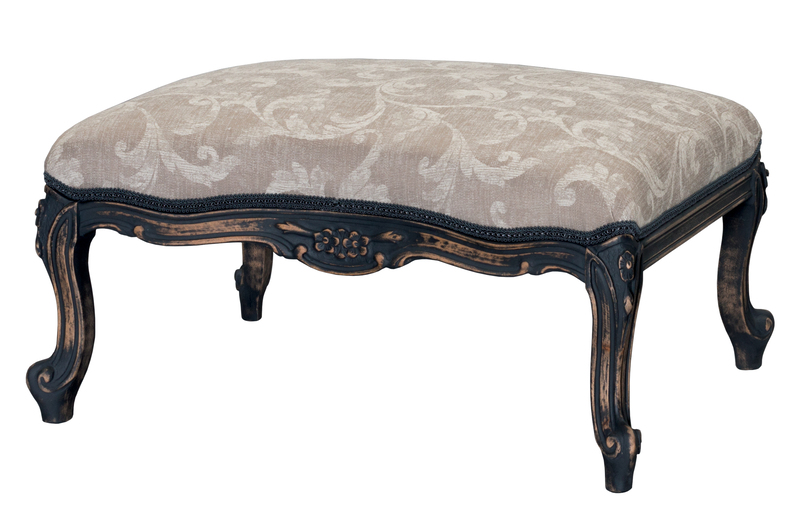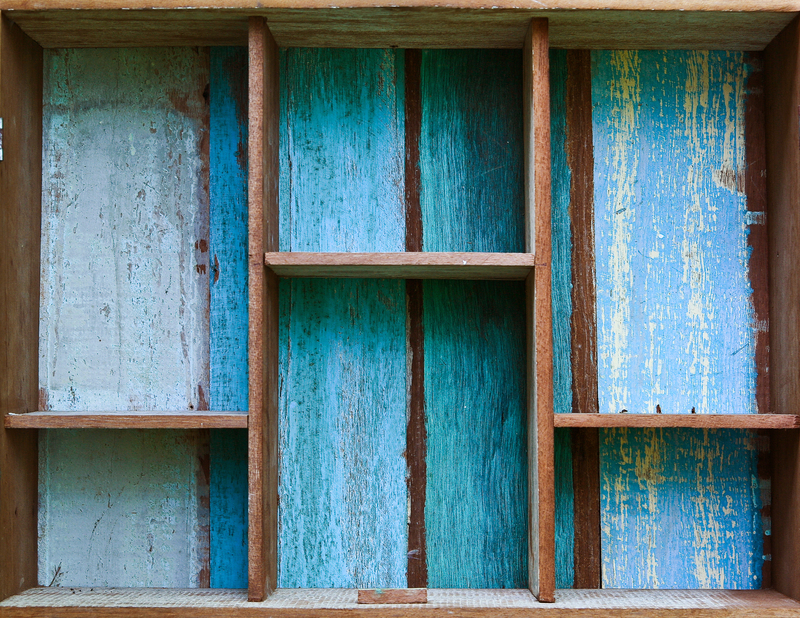Bulky Waste Items: Keep More Cash with These Tips
Are you wondering what to do with old furniture, broken appliances, and other bulky waste items? Discarding these large items can seem costly, time-consuming, and stressful. But did you know that with some know-how, you can save (and sometimes even earn) money while getting rid of your unwanted bulky waste? In this detailed guide, we'll walk you through everything you need to know to manage your bulky rubbish efficiently and economically. Let's dive in!
What Are Bulky Waste Items?
Before we get into the money-saving tips, let's clarify what qualifies as bulky waste. Municipalities and waste companies use the term for large household items that are too big for standard bins. Typical bulky rubbish includes:
- Old sofas and upholstered chairs
- Broken wardrobes, tables, and beds
- Mattresses and box springs
- White goods: fridges, freezers, washing machines, tumble dryers
- Large electronics: TVs, monitors, and computers
- Outdoor items: bikes, barbecues, garden furniture
- Carpets and rugs
- Gym and sports equipment
Bulky waste items usually require special handling and disposal. Since many contain reusable materials or hazardous components, the right disposal method protects both your wallet and the environment.

Why Bulky Waste Disposals Can Get Expensive
Many councils and private waste collection companies charge extra fees to pick up or process large items. These costs can stack up due to:
- Volume and weight of the items
- Transportation (special trucks may be needed)
- Manual labor for carrying and loading
- Special treatment and recycling (e.g., electronics disposal or fridge degassing)
With a little knowledge and planning, you can minimize these costs--or avoid them completely.
Top Tips to Save Money When Getting Rid of Bulky Waste Items
1. Give Items a Second Life: Reuse and Repurpose
If your old armchair or table is still in good shape, consider upcycling or reusing instead of tossing it. Some ideas include:
- Repainting or reupholstering old furniture to fit a new style
- Turning wooden furniture into garden planters
- Repurposing broken parts as DIY materials
Why it saves cash: Reusing saves on disposal fees and reduces your need to buy new items.
2. Sell Your Bulky Waste Items
One person's trash is another's treasure! Platforms like Facebook Marketplace, Craigslist, eBay, and Nextdoor make it easy to sell unwanted furniture or appliances locally. Even broken appliances may have value for parts or scrap.
- Take clear, attractive photographs of your items
- Be honest about their condition
- Highlight brands or unique features
- Offer free collection to attract more buyers
Pro tip: Put your items up for sale a few weeks before your planned removal date to allow time for collection.
3. Donate to Charities and Non-Profits
Many charities accept bulky waste items such as sofas, beds, and white goods, especially if they're in usable condition. This not only helps families in need but can also earn you a tax deduction in some countries.
- Contact local charities to confirm what items they accept
- Check if they offer free collection
- Request a donation receipt for tax purposes
Bonus savings: You avoid disposal charges and support a good cause.
4. Use Free Bulky Waste Collection Services
Check if your local council or city offers free or low-cost bulky item pickup days. Many municipalities allow residents a certain number of free pickups per year or sponsor annual neighborhood clean-up events.
- Visit your council website for schedules and rules
- Book your free collection early--slots fill up quickly
- Prepare your items as instructed (e.g., remove fridge doors, separate metal from soft goods)
This is usually the simplest and cheapest option for legal bulky waste disposal.
5. Avoid Costly Fines: Don't Fly-Tip!
Leaving furniture or white goods on the roadside or in public spaces can lead to serious fines and environmental harm. To avoid illegal dumping charges, always use authorised disposal methods. If hiring a waste removal company, check their license and ask where your waste will go.
6. Break Down Bulky Waste for Standard Rubbish Collection
Did you know that some large items can be disassembled or cut down to fit into your regular rubbish bin? For example:
- Break wooden furniture into manageable pieces
- Squash cardboard and packaging
- Remove non-metal parts from white goods for recycling
Word of caution: Always check your council's regulations--some items (like electronics or hazardous materials) must be processed separately.
7. Use Civic Amenity Sites (Local Tips or Recycling Centres)
Most towns operate a household recycling centre (also known as a "tip" or "dump"), where you can drop off bulky waste for free or a small fee. At these centres, items are sorted for recycling or safe disposal. They usually accept:
- Old furniture and wood
- White goods (fridges, cookers, etc.)
- Large electronics
- Mattresses and carpets
Tip: Be sure to check what your local centre will accept, as rules can vary.
Best Practices for Managing Bulky Waste Economically
- Plan ahead: Don't wait until the last minute. Start thinking about disposal options as soon as you know you'll have bulky waste.
- Combine loads: Team up with neighbours to arrange joint pickups and split any costs.
- Compare prices: If you must use a private service, get quotes from several providers and ask about discounts for curbside placement.
- Research recycling options: Some items (such as metals and electronics) have dedicated recycling drop-offs that may be free or even pay you for your waste.
- Be safe: Use proper lifting techniques and equipment. Some items are heavy or may contain sharp edges and hazardous materials.
Special Considerations for Bulky Waste Appliances
White goods like fridges and washing machines often contain hazardous substances or require special recycling methods. Here's how to handle them:
- Check if the retailer offers old appliance removal when you buy a new one--many do this for free or a nominal fee.
- Fridges and freezers should be degassed by professionals, as refrigerants harm the environment.
- Scrap metal dealers may buy old appliances for parts or metal value.
How Electronics (E-Waste) Fit into the Picture
Old TVs, computers, and large electronics often have valuable materials like copper and rare metals. Many electronics stores and council programs offer free e-waste recycling. Avoid simply tossing these in the bin--improper disposal can lead to toxins in landfills.
How to Spot Valuable Bulky Waste Items
Not all bulky rubbish belongs in landfill! Some items have significant resale or upcycling value, including:
- Mid-century and vintage furniture: Fashionable items are in demand on resale markets.
- Antiques: Always check for labels, markings, or unique craftsmanship before discarding.
- Scrap metal: Large metal appliances, bedframes, and bikes can be weighed in for cash at scrap yards.
- Wooden items: Solid timber furniture is prized by upcyclers and can be worth refurbishing or selling.
A little time spent researching before disposal can earn you extra money or help a collector find their treasure!
What NOT to Do: Common Bulky Waste Mistakes
- Don't burn bulky waste: Burning old furniture or mattresses releases toxic fumes and can be illegal.
- Don't leave items on the street: Abandoning items outside collection dates is considered fly-tipping, which can incur heavy fines.
- Don't forget about safety: Many items are heavy or contain sharp components--get help moving them and use protection.
- Don't assume all items go to landfill: With proper sorting, many pieces can be recycled or reused.

Sustainable Disposal: Helping the Environment and Your Wallet
Being thoughtful about bulky waste disposal isn't just about saving or earning money--it also means reducing your environmental impact. Every item reused, recycled, or properly processed means less landfill space is used and fewer resources are wasted.
Consider the environmental cost of "fast furniture" and rapid electronics replacement. By donating, selling, or recycling, you help extend the life of products and support a more circular economy.
Summary: Keep More Cash and Declutter Smartly
- Reuse and repurpose wherever possible to avoid purchasing new goods.
- Sell or donate bulky waste items to turn clutter into cash or help others.
- Take advantage of free collection days or use local recycling centres to keep costs low.
- Break down items to fit into standard bins as permitted by your local municipality.
- Never fly-tip--avoid fines and environmental harm.
- Check for valuable or recyclable materials before discarding anything.
With these tips, getting rid of your bulky waste doesn't have to be a costly headache. A little extra effort can help you keep more cash in your pocket while making a positive impact in your community and for the environment.
If you've got bulky waste ready to go, use the steps above to turn disposal into opportunity--and save money, declutter, and help the planet all at once!
